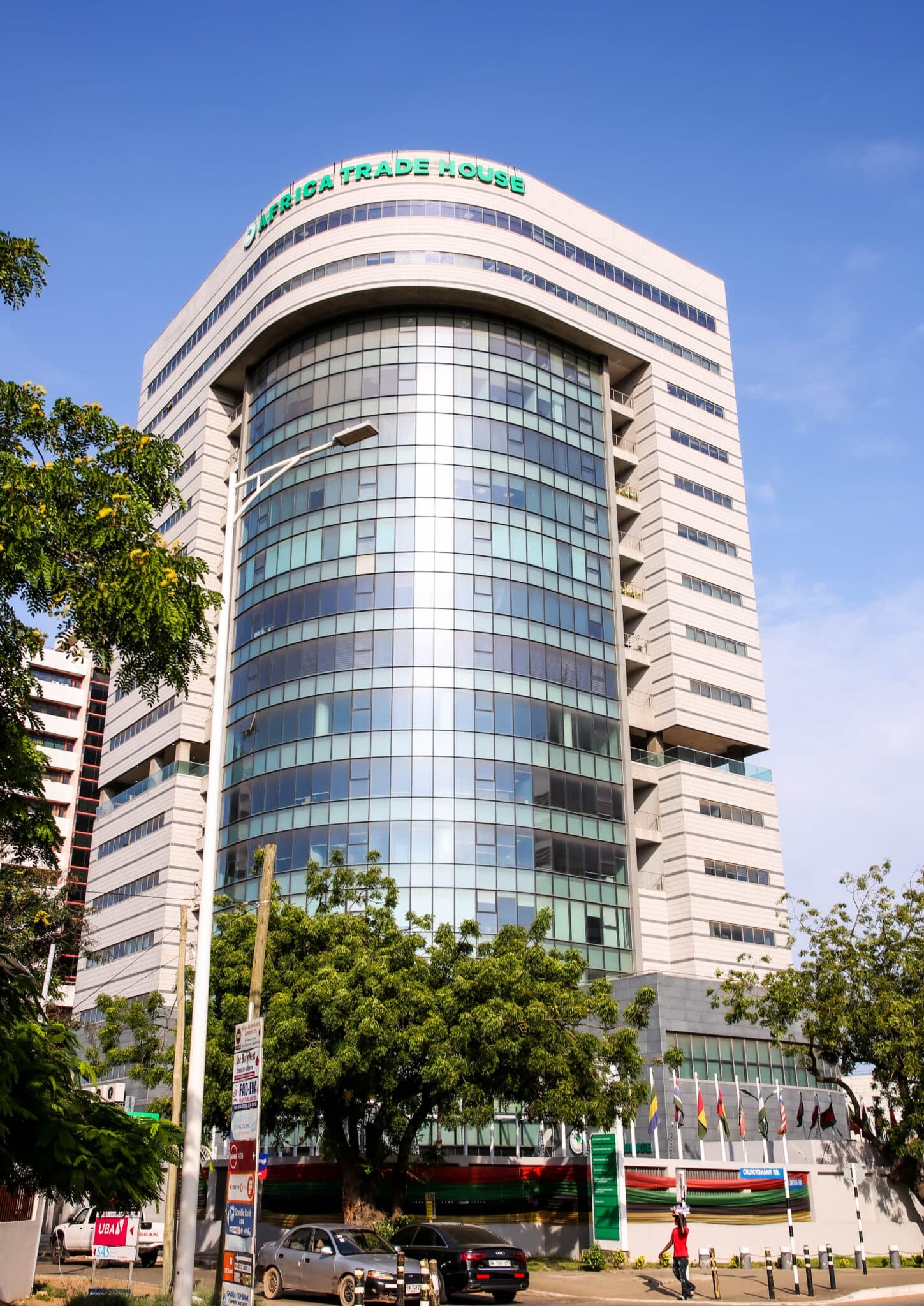The Secretariat
Though the AfCFTA is driven by its Member States, the Secretariat functions as the coordinating body for all its activities. The Secretariat is the administrative organ mandated to coordinate the implementation of the AfCFTA. The Secretariat is responsible for convening meetings, monitoring and evaluating the implementation process of the AfCFTA and other duties assigned to it by the AU Assembly of Heads of State, the Council of Ministers, and the Committee of Senior Trade Officials. The Secretariat houses experts, notably in legal affairs, economic policymaking, research, and communications, to assist the Member States, among other things, in ensuring easy progress of negotiations and that the rules set out in the Agreement are correctly applied and enforced.

